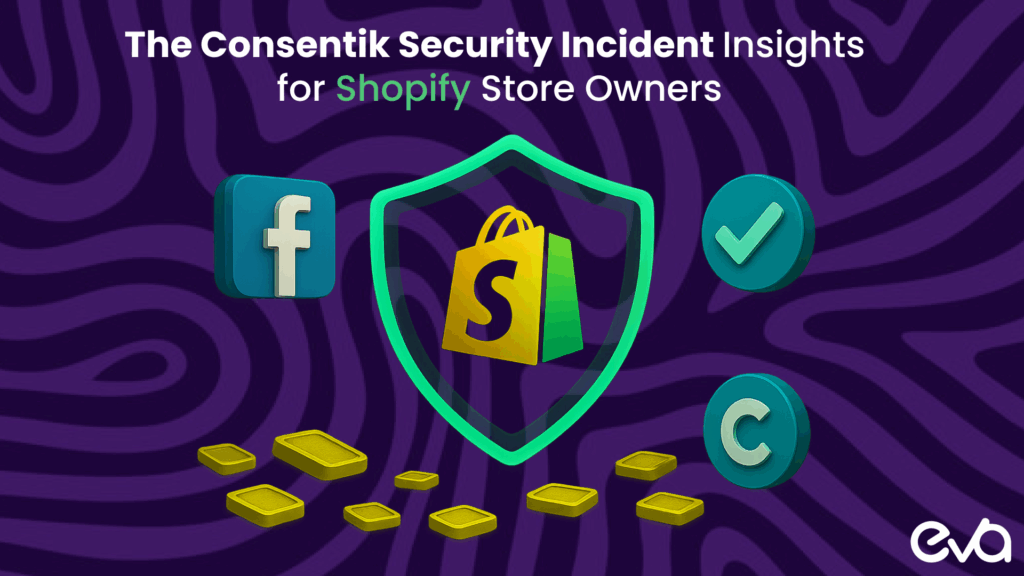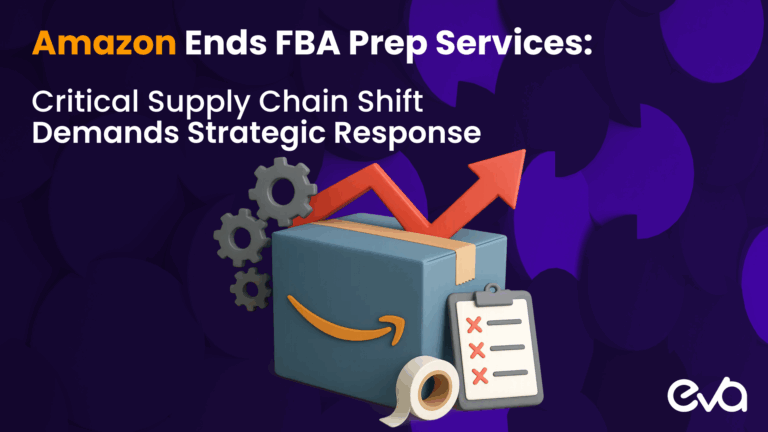A critical security vulnerability in the popular Consentik Shopify app has exposed hundreds of e-commerce stores to potential cyberattacks, highlighting the growing risks associated with third-party applications in the rapidly expanding online retail ecosystem. The incident, which came to light in January 2025, has sent shockwaves through the Shopify merchant community and raised urgent questions about app security protocols and data protection standards.
Table of Contents
The Vulnerability That Compromised Hundreds of Stores
Hundreds of Shopify storefronts were vulnerable to code injection, data theft, and account takeovers due to an insecure Consentik plugin, according to recent cybersecurity research. The Consentik app, designed to help online stores comply with increasingly stringent privacy regulations through cookie consent banners, became an unexpected security liability for the very merchants it was meant to protect.
The Consentik plugin adds cookie consent banners to customer websites. However, the unsecured server was broadcasting real-time site analytics and private authentication tokens, including Shopify admin credentials and Facebook ad tokens, to anyone on the internet who knew where to look. This fundamental security flaw transformed what should have been a protective compliance tool into a potential gateway for malicious actors.
The Scale of the Exposure
The Consentik app’s popularity among Shopify merchants, with over 4,180 active users, amplified the potential impact of this security incident. The vulnerability persisted for several months before being discovered and reported by cybersecurity researchers, creating an extended window of opportunity for potential exploitation. During this period, sensitive data from affected stores remained accessible to anyone with knowledge of the security flaw.
The exposed information included critical administrative credentials that could grant unauthorized access to store backends, Facebook advertising tokens that manage marketing campaigns and customer data, and real-time analytics data that could reveal business intelligence and customer behavior patterns. This combination of exposed data created multiple attack vectors that malicious actors could potentially exploit to compromise store operations, steal customer information, or conduct fraudulent activities.
Understanding the Technical Implications
The nature of this security incident illustrates the complex interconnected ecosystem of modern e-commerce platforms. When merchants install third-party apps like Consentik, they often grant these applications significant permissions to access and manage various aspects of their online stores. This access is necessary for the apps to function properly, but it also creates potential security risks if the app developers do not implement proper security measures.
Authentication tokens, particularly those for platforms like Shopify and Facebook, serve as digital keys that grant access to sensitive functions and data. When these tokens are exposed, they can be used by unauthorized individuals to perform actions on behalf of the legitimate account holder. In the context of e-commerce, this could include accessing customer data, modifying product listings, processing transactions, or altering marketing campaigns.
The exposure of real-time analytics data presents additional concerns beyond immediate security threats. This information can provide competitors with valuable insights into business performance, customer behavior, and marketing effectiveness. For small and medium-sized businesses, such intelligence could represent a significant competitive disadvantage.
The Broader Context of E-commerce Security
This incident occurs against a backdrop of increasing cybersecurity threats in the retail sector. Cybercrime will cost the world $9.5 trillion in 2024, with retailers being prime targets for malicious actors. The average cost of a data breach has reached $4.88 million, making security incidents not just a technical concern but a significant financial risk for businesses of all sizes.
The Consentik vulnerability also highlights the challenging balance between regulatory compliance and security. As privacy regulations like GDPR, CCPA, and similar laws continue to evolve, merchants are increasingly relying on third-party solutions to ensure compliance. However, this incident demonstrates that compliance tools themselves can become security risks if not properly developed and maintained.
Impact on the Shopify Ecosystem
The Consentik security incident has broader implications for the entire Shopify app ecosystem. With thousands of third-party applications available in the Shopify App Store, merchants must now carefully evaluate not only the functionality and compliance benefits of these tools but also their security practices and track records.
This incident has prompted discussions about app vetting processes, security standards for third-party developers, and the need for more robust monitoring of app permissions and data access. The challenge lies in maintaining the flexibility and extensibility that makes platforms like Shopify attractive to merchants while ensuring adequate security protections.
Lessons for Store Owners
The Consentik incident provides several critical lessons for Shopify store owners and e-commerce merchants more broadly. First, it underscores the importance of conducting thorough due diligence when selecting third-party applications. Merchants should research app developers, review security practices, and consider the scope of permissions requested by applications before installation.
Regular security audits and monitoring of third-party app access can help identify potential issues before they become major problems. Store owners should also implement comprehensive backup and recovery procedures to minimize the impact of potential security incidents.
The incident also highlights the need for merchants to stay informed about security developments affecting their chosen platforms and applications. Prompt response to security notifications and updates can significantly reduce exposure to potential threats.
The Response and Remediation
Following the discovery of the vulnerability, cybersecurity researchers worked to notify affected parties and coordinate remediation efforts. The responsible disclosure of this vulnerability demonstrates the importance of the cybersecurity community in identifying and addressing potential threats before they can be exploited maliciously.
For affected merchants, the remediation process likely involved updating or removing the vulnerable application, changing compromised credentials, and implementing additional security measures to prevent similar incidents in the future. The extended exposure period makes it particularly important for affected stores to conduct comprehensive security assessments and monitor for signs of unauthorized access or suspicious activity.
Moving Forward: Building Resilient E-commerce Security
The Consentik security incident serves as a wake-up call for the e-commerce industry about the critical importance of third-party app security. As online retail continues to grow and evolve, the interconnected nature of modern e-commerce platforms creates both opportunities and risks that must be carefully managed.
For the industry as a whole, this incident may drive improvements in app security standards, vetting processes, and monitoring capabilities. Platform providers like Shopify may implement more stringent requirements for third-party developers, while merchants may become more selective and security-conscious in their app choices.
The incident also reinforces the need for ongoing education and awareness about e-commerce security risks. As cyber threats continue to evolve, merchants, platform providers, and app developers must work together to build more resilient and secure online retail ecosystems.
The Consentik security incident, while concerning, ultimately provides valuable lessons about the importance of comprehensive security practices in the modern e-commerce landscape. By learning from this incident and implementing stronger security measures, the Shopify merchant community can better protect themselves and their customers from future threats while continuing to leverage the benefits of third-party applications and services.








